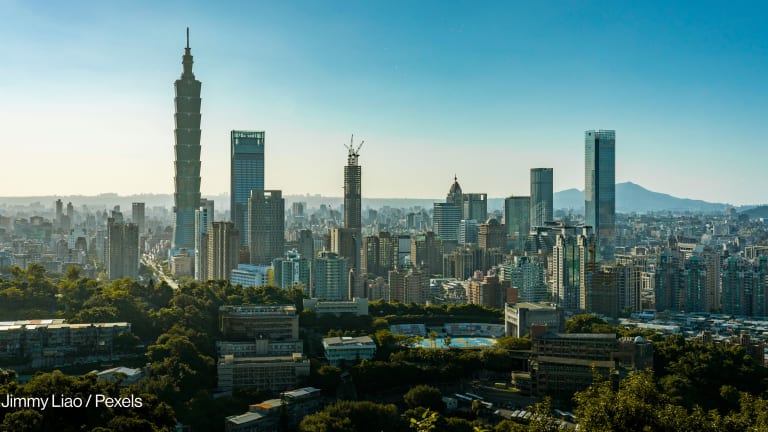A new law imposed by the Myanmar military is posing a dilemma for NGOs, aid groups, and civil society organizations: to continue operating, adhering to the junta’s demands; operate illegally and risk staff safety; or cease activities altogether. Over 17.6 million people require humanitarian aid in the country.
The Organisation Registration Law was introduced by Myanmar’s so-called State Administration Council in October 2022, repealing the former Association Registration Law 2014. It makes registration of NGOs and associations mandatory rather than voluntary, and requires the declaration of funding sources and locations of operation among other information that aid workers deem risky to provide. But being unregistered comes with financial penalties and potential prison time.
While it's not unusual for organizations to share information about their activities, this law threatens the need for organizations to protect those they support and their personal data, said a Myanmar-based aid worker who asked to remain anonymous for security purposes. There must be no consequences for having received humanitarian assistance, they added.








